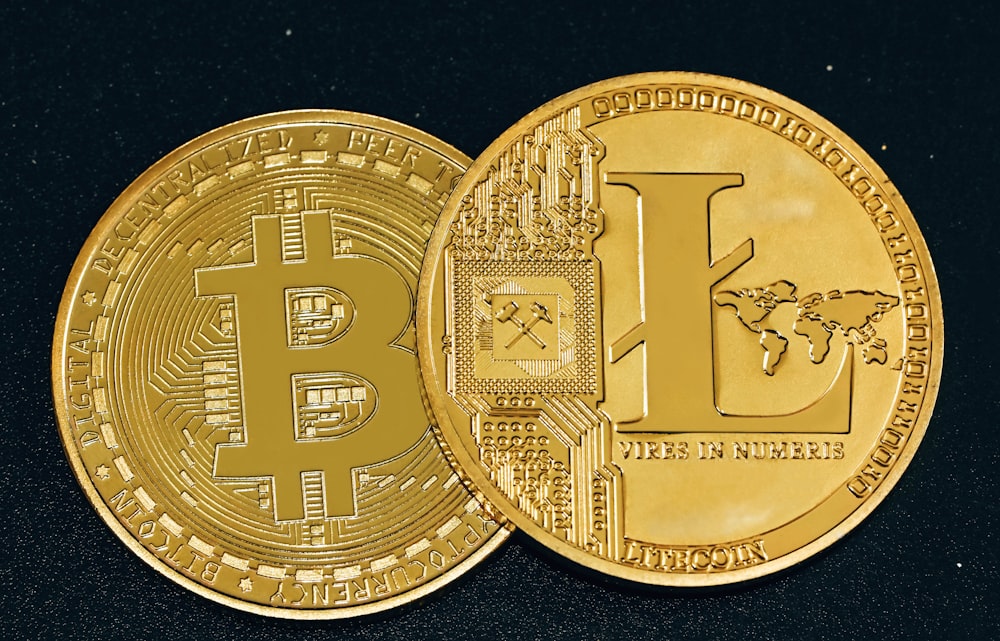Fintech and blockchain technologies have become integral components of the modern financial landscape, driving innovation, efficiency, and transparency in transactions. Let’s delve deeper into how these two forces are reshaping the world of finance.
The Rise of Fintech:
Fintech, short for financial technology, refers to the innovative use of technology to deliver financial services. It encompasses a wide range of applications, including mobile banking, peer-to-peer lending, robo-advisors, and digital payments. Fintech companies leverage cutting-edge technology to provide consumers and businesses with convenient, affordable, and accessible financial solutions.
Fintech’s Impact on Traditional Finance:
Traditional financial institutions are facing unprecedented disruption from fintech startups and digital-native companies. These newcomers offer streamlined processes, lower fees, and personalized services, challenging the dominance of traditional banks and financial intermediaries. As a result, incumbents are forced to adapt by embracing digital transformation and incorporating fintech solutions into their offerings.
The Role of Blockchain in Fintech:
Blockchain, the underlying technology behind cryptocurrencies like Bitcoin, has emerged as a game-changer in the fintech space. It is a decentralized, distributed ledger technology that enables secure and transparent peer-to-peer transactions without the need for intermediaries. Blockchain’s immutable nature ensures data integrity, while its decentralized architecture enhances security and reduces the risk of fraud.
Blockchain’s Impact on Financial Services:
In the realm of financial services, blockchain technology holds immense promise for revolutionizing processes such as cross-border payments, trade finance, supply chain management, and securities settlement. By eliminating intermediaries and automating trust-based transactions, blockchain can significantly reduce costs, increase efficiency, and enhance transparency in financial transactions.
Integration of Fintech and Blockchain:
The convergence of fintech and blockchain is driving significant synergies, creating new opportunities for innovation and disruption in the financial sector. Fintech companies are increasingly leveraging blockchain technology to enhance the security, speed, and efficiency of their offerings. From digital identity verification to smart contracts and decentralized finance (DeFi) platforms, the integration of fintech and blockchain is reshaping the way financial services are delivered and consumed.
Challenges and Opportunities:
While fintech and blockchain offer immense potential for transforming finance, they also present challenges and regulatory considerations. Security concerns, scalability issues, and regulatory compliance are some of the key challenges that need to be addressed. However, with proactive regulatory frameworks and ongoing technological advancements, these challenges can be overcome, unlocking the full potential of fintech and blockchain innovation.
Looking Ahead:
As fintech and blockchain continue to evolve, the future of finance looks increasingly digital, decentralized, and democratized. From frictionless payments to automated lending and decentralized banking, the possibilities are endless. By embracing innovation, collaboration, and regulatory clarity, the financial industry can harness the transformative power of fintech and blockchain to create a more inclusive and efficient financial ecosystem. Read more about fintech blockchain

![Live Jazz [Band Name]’s Electrifying Show Live Jazz [Band Name]’s Electrifying Show](https://images.unsplash.com/photo-1566325645218-73b67fd824a2?fm=jpg&q=60&w=3000&ixlib=rb-4.0.3&ixid=M3wxMjA3fDB8MHxzZWFyY2h8MjB8fGxpdmUlMjBqYXp6JTIwYmFuZHxlbnwwfDB8MHx8fDI%3D)









